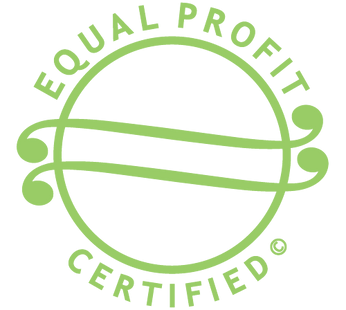Cette publication est également disponible en :
![]() Français
Français
How is the price we pay for our food distributed? Scientists at UNIL have launched a new research project aimed at shedding light on the margins achieved from agricultural production to household consumption, for a whole range of agri-food products. The project is funded by the canton of Vaud, and will put fruit and vegetables under scrutiny, as well as Vaud’s production of milk and cheese, meat, bread and wine.
Transparency of costs and margins between production and retail is a sensitive issue, and one that often crops up in the Swiss media. But answering the question of margins is a complex and painstaking task, requiring trusting discussions with the entire chain: from farm to processing to distribution. This is the ambition and daily work of Floriane Gilliand and Armelle Rochat at the Faculty of Geosciences and Environment.
Fair food prices are increasingly important to consumers. For their part, players in the agricultural sector are also calling for fairer negotiations and a better distribution of prices throughout the value chain. This is the background of this ambitious research project Transparence économique de filières agricoles vaudoises. Supervised by Dominique Barjolle (IGD), this project focuses on the canton of Vaud, and is financed by the Direction générale de l’agriculture, de la viticulture et des affaires vétérinaires (DGAV).
By promoting transparency and sparking discussion between the various players, this project aims to lay the foundations for a fairer distribution of prices, strengthen trust between stakeholders and respond to growing expectations for economic justice in the agri-food sector.
Floriane Gilliand and Armelle Rochat, the agronomists hired for this project, have the crucial task of convincing as many stakeholders as possible to participate and embrace transparency. The aim is to build a relationship of trust, in order to overcome the reluctance associated with the in-depth analysis of accounting data. Although this may seem a delicate task at first glance, it appears that many of their contacts are already aware of the benefits that increased transparency can bring.
Floriane Gilliand is passionate about this economic issue, and devoted her Master’s thesis to it. “When you buy a cheese, you have no idea where the pennies you pay are going”. Armelle Rochat, who has also worked as a market gardener, is well aware of the difficulty of deciphering the costs of certain processed products. A basic product like bread, for example, passes through a variety of hands: wheat sown and harvested is ground into flour, then processed in the bakery. But this complexity and the passionate interaction with all the trades in the chain are a source of motivation for the two agronomists in charge of this fieldwork. They are also convinced that transparency will be a marketing advantage for stakeholders who play the game. “It will help bring credibility to the price we pay for food.”
Data Analysis

Once the data has been collected, it will be processed in complete confidentiality using software developed by UNIL doctoral student Inès Burrus at start-up Equal Profit. Specializing in the analysis of the fair benefits of exotic products, this tool will be adapted for application to products from the canton of Vaud.
The results of field surveys, combined with anonymized databases, will be analysed according to the Transparent Profit and Equal Profit methodology. On the basis of these concrete results, workshops bringing together the parties concerned will encourage constructive dialogue between each of them.

Leave a Reply